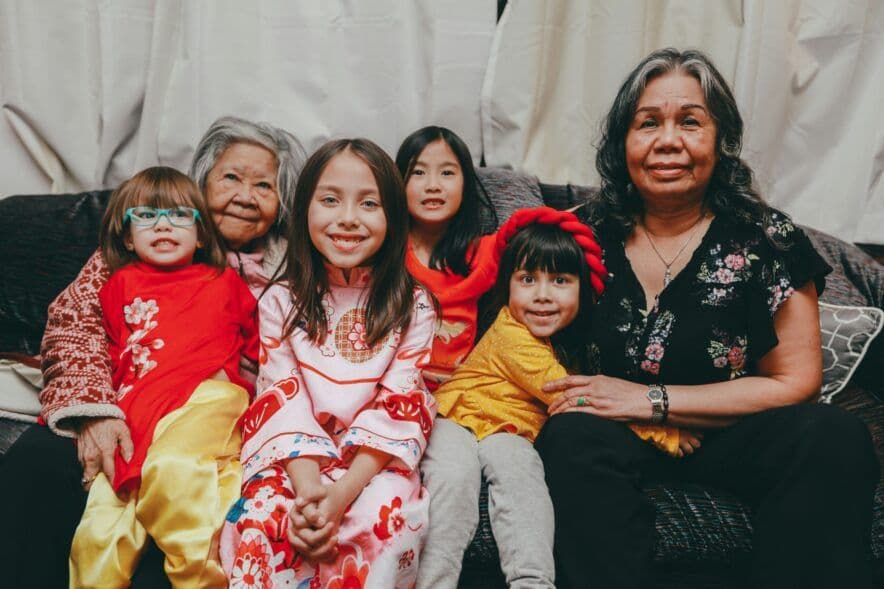Research
Uniting releases flagship report on the reality of family life in Australia

FDC-Friendly
Freya Lucas
Aug 26, 2024
Save
The Uniting Families Report has been released, providing a thorough examination of the realities of family life in Australia in a bid to foster a deeper understanding and appreciation of diversity within Australian communities and explore what it means to raise children and young people.
“The traditional image of the nuclear family - mother, father and two children - permeates our cultural understanding of family life,” Uniting NSW ACT CEO Tracey Burton said.“This report responds to the need for a more nuanced view, challenging current conventions and celebrating the many different ways people create family when raising children.”
Importantly, the report reinforced something which frontline workers such as those in the early childhood education and care (ECEC) sector are all too aware of - that people’s resources to cope with housing and financial stress, access to education and work, experiences of disability are affected by who lives in their family.
Developed by the UNSW Social Policy Research Centre in partnership with Uniting NSW.ACT the report has significant public policy implications for State and Federal Governments.
“Ignoring different family structures has real world consequences, and these often fall most heavily on families already struggling with vulnerability or disadvantage,” Mrs Burton warned.
“There is still work to do to ensure that the conditions and opportunities are equal for all families, regardless of their makeup.”
For Dr Yuvisthi Naidoo, co-lead author on the report, the research has “uncovered a richness to the diversity of family types in Australia.”
“The findings highlight the need for more inclusive support systems that recognise the multifaceted needs of different family structures,” Dr Naidoo said.
Fellow co-lead Dr Megan Blaxland hopes the work will inspire more discussion about the diverse strengths of all families and better policies and practices.
Key findings of the report include:
- Failing to honor the diversity of family structures means we fail to understand and support families.
- The cost-of-living pressure is felt more strongly by those that are not in couple parent families.
- Some family types are more likely to be affected by the current rental crisis and lack of affordable housing supply than others, and the experience of having insecure housing is more familiar to sole parent and step and/or blended families.
- Families with young children rely on childcare and family members in different ways. Current Child Care subsidies benefit couple families and single mothers most but can make things more complex for other family types (such as step-blended families).
- First Nations Families have family structures that population data sets often overlook and that social services struggle to understand. This contributes to problems like over-representation of First Nations children in out-of-home care.
- Parental support and financial situation influences young peoples’ engagement in education and employment. Young people growing up in foster care have the lowest rate of participation of any family type.
- Family types which are most likely to be providing care for people with long-term health conditions and disability are on average more likely to be already struggling to cope financially.
The report can be accessed here
Don’t miss a thing
Related Articles



















